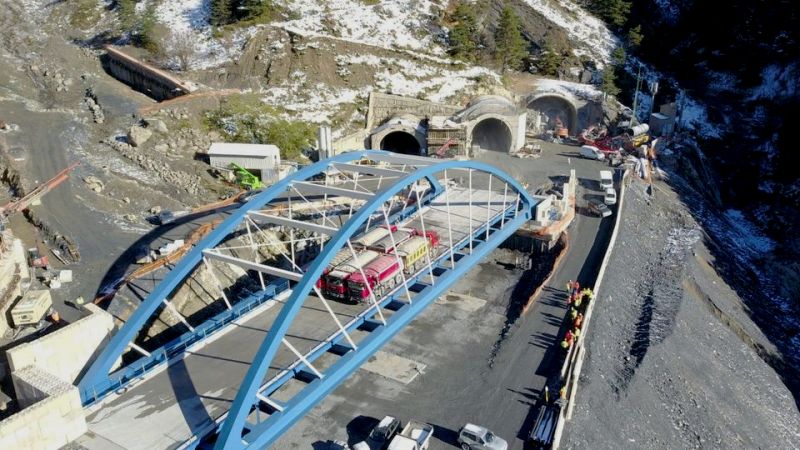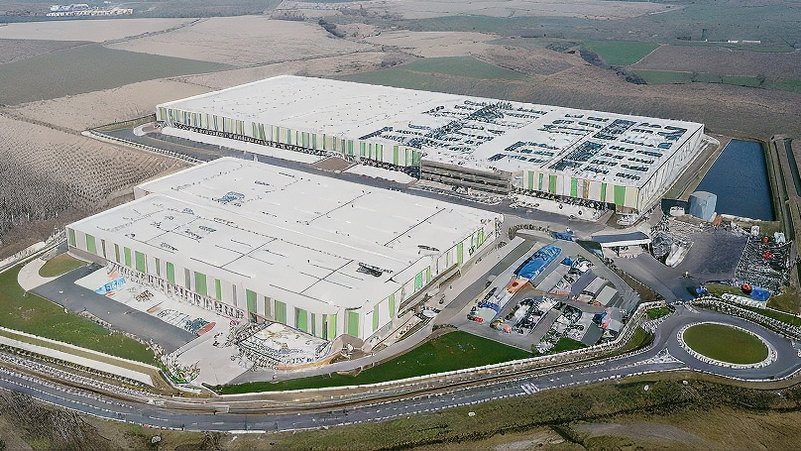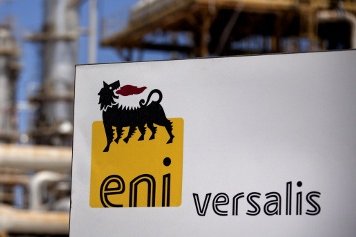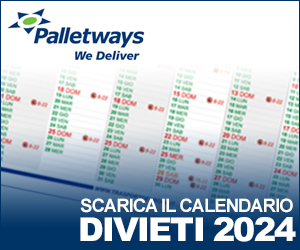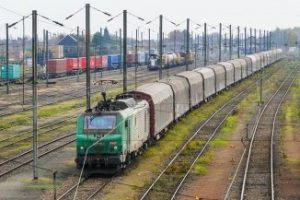Geopolitical instability worldwide and economic fluctuations in Europe do not seem to have impacted the Port of Rotterdam, Europe's primary gateway for goods. Data released on July 18, 2024, by the Port Authority for the first half of 2024 indicates overall stability, with a total throughput of 220 million tonnes, a slight decrease of 0.3% compared to the same period last year. Despite a decline in coal, crude oil, and other liquid bulk, container traffic, minerals, and petroleum products have seen growth. Container traffic specifically increased by 4.2% in tonnage (67.1 million tonnes) and 2.2% in TEU (6.8 million TEU).
The recovery in container traffic began in the first quarter and continued into the second. The Port Authority attributes this trend to two factors: an increase in consumer goods demand and the advancement of the peak season. The latter results from the Red Sea crisis, where longer navigation times and higher costs from circumnavigating Africa push shippers to expedite their shipments.
Additionally, adverse weather conditions near the Cape of Good Hope complicate ship arrival planning due to schedule changes. The Authority notes, "Ship arrivals are harder to schedule due to these changes, and call sizes have substantially increased since the Red Sea crisis began. Consequently, terminals and hinterland logistics face peak loads, causing delays in container handling."
Ro-Ro traffic also declined by 4.1% to 12.8 million tonnes in the first half of 2024. The Port Authority attributes this drop to the weak British economy, which is the primary destination for these shipments from the Dutch port. The breakbulk segment fell by 10.5% to 3.1 million tonnes, due to the containerization of general cargo and the shift of some shipments to other ports.
Financially, the Port Authority of Rotterdam reported solid results, with revenues increasing by 23 million euros, reaching 439.6 million euros. Operating expenses grew by 13.3 million euros, resulting in a net increase of 31.7 million euros, totaling 148.2 million euros. Investments remain high at 164.4 million euros, including significant projects such as the construction of the CO2 transport and storage Porthos and the awarding of the contract for the Prinses Alexia viaduct construction.
"After a period of economic uncertainty, we see demand for raw materials and consumer products starting to grow," explains Boudewijn Siemons, CEO of the Port Authority. "This has led to an increase in container handling in the first half of the year. The continuation of this trend in other segments will partly depend on the pace of the European industry's recovery in the coming months. Meanwhile, we maintain a stable course and continue to invest and implement projects to make the energy and raw material transition successful and further improve the port's infrastructure and industrial complex."



